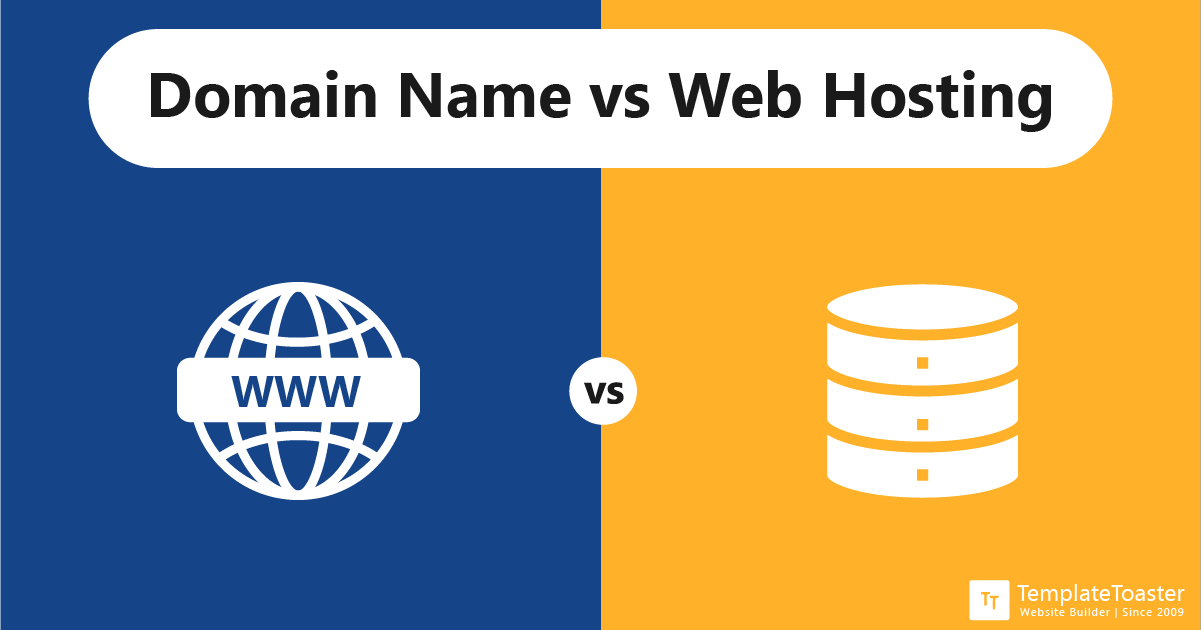Domain Name vs Web Hosting: Understanding the Difference
When it comes to setting up a website, there are two key components that are often confused: domain names and web hosting. In order to have a successful online presence, it’s important to understand the difference between the two. So, let’s break it down.
What is a Domain Name?
A domain name is essentially the address of your website. It’s what users type into their browsers to access your site. For example, google.com is a domain name. Domain names are unique and can only be registered by one person or organization at a time. They consist of two parts: the actual name (e.g. google) and the domain extension (e.g. .com, .org, .net).
When choosing a domain name, it’s important to pick one that is relevant to your website’s content and easy to remember. It should also be unique and not too similar to existing domain names to avoid confusion.
What is Web Hosting?
Web hosting, on the other hand, is the service that stores and maintains your website’s files. When you sign up for web hosting, you are essentially renting space on a server to store your website’s data. This data is then accessible to users when they visit your site.
There are different types of web hosting, including shared hosting, VPS hosting, and dedicated hosting. Each type has its own advantages and disadvantages, depending on the size and needs of your website. It’s important to choose a web hosting provider that offers reliable service and good customer support.
The Relationship Between Domain Name and Web Hosting
So, how do domain names and web hosting work together? Think of it this way: the domain name is like the address of your house, while web hosting is like the actual house itself. In order for your website to be accessible on the internet, you need both a domain name and web hosting. When users type in your domain name, their browser points to the server where your website is hosted, allowing them to view your site.
It’s important to note that you can purchase a domain name and web hosting from separate providers, or you can choose a web hosting provider that also offers domain registration services. Whichever option you choose, make sure that both your domain name and web hosting are reliable and secure.
Conclusion
In summary, domain names and web hosting are two essential components of any website. While domain names serve as the address of your site, web hosting stores and maintains your website’s files. By understanding the difference between the two, you can make informed decisions when setting up your online presence. Remember to choose a domain name that is relevant and memorable, and select a web hosting provider that offers reliable service. With the right combination of domain name and web hosting, you’ll be well on your way to a successful website!
